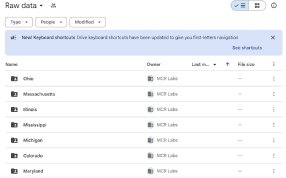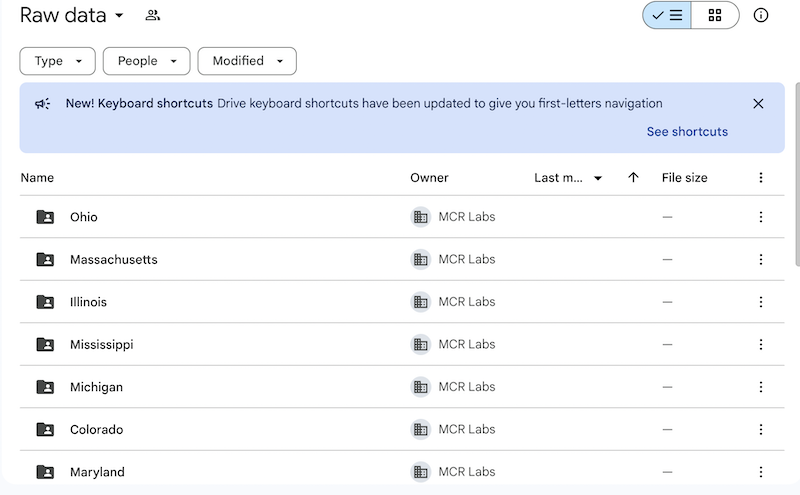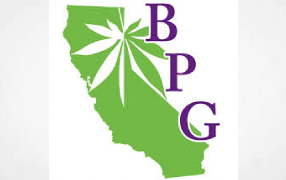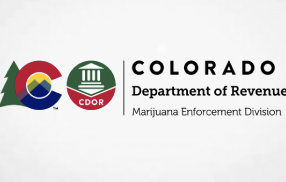A study showed that many cannabis testing labs nationwide may misrepresent the strength and growth of mold on products.
The year-long study, conducted by MCR Labs in Massachusetts, requested data from all 39 states where cannabis use is legalized, but only received data from 17 states. Connecticut and New York were amongst those who did not respond.
Yasha Kahn, co-founder of MCR Labs, told Hearst Connecticut Media: “There is consumer fraud across the industry, and it’s not unknown.”
His study revealed that much of the cannabis tested does not meet state-regulated levels for mold, yeast and water.
Cannabis products must pass a series of tests that adhere to state guidelines before they can be sold on shelves. If a sample fails, the product is returned to the original grower. The study found that instead of sending cannabis back, labs were falsifying results to meet guidelines.
Read the full report
https://www.wshu.org/news/2024-09-04/cannabis-testing-mold-tampering-results
Here’s what MCR Labs Say In Their Blog
Testing labs are the cannabis industry’s quality control wing. All products must undergo testing to ensure consumer safety and label accuracy. When a cultivator/processor submits samples for testing, labs analyze them for a wide array of substances: cannabinoids, terpenes, pesticides, heavy metals, microbiological contaminants, mycotoxins, residual solvents, water activity, moisture, filth, and foreign matter.
Testing results are shared with the cultivator/processor and the state agency overseeing cannabis regulations. This process is meant to fulfill states’ promises of providing access to safe cannabis products through regulation.
Yasha Kahn, co-founder of MCR Labs, spent the last year acquiring cannabis testing data from across the country through FOIA (Freedom of Information Act) requests, which were sent to nearly every state with cannabis regulations.
The data gathered is a treasure trove of information that can reshape our understanding of cannabis products, the policies that govern them, and the quality control mechanisms in place.
The data is rich and untapped. That’s why we’ve partnered with scientists nationwide to work with this data, uncover new insights, and publish groundbreaking research. As we continue to make strides, we’ll be sharing this data publicly. After all, we believe that sunshine (transparency) is the best disinfectant.
Access the data yourself here.
If you’re interested in accessing cannabis testing data directly, the best approach is to contact state agencies and request the data they’ve already shared. “Please provide all cannabis testing data that you’ve shared in the past.” Transparency can drive the industry forward, and we’re doing what we can to help.
And here’s the database they built




















